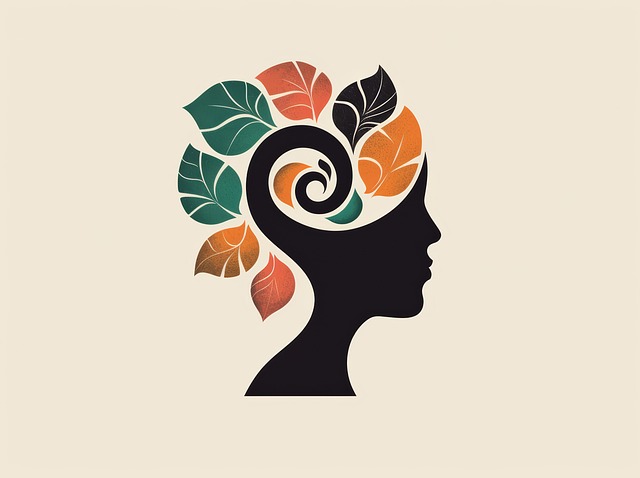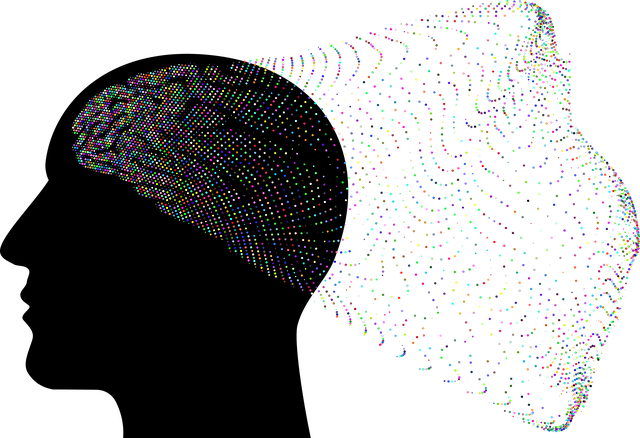Nurturing Emotional Intelligence for Lone Tree Young Adults Through Therapy and Practical Strategies
Emotional intelligence (EI) is a powerful tool for personal growth among young adults in Lone Tree,…….
In the rapidly evolving realm of mental health services, a unique and innovative approach has emerged, catering specifically to the needs of young adults—Lone Tree Young Adults Therapy. This therapeutic model recognizes the distinct challenges faced by Generation Z as they navigate adulthood, offering tailored support to foster resilience, self-discovery, and overall well-being. The article delves into the intricacies of this therapy type, exploring its effectiveness, global reach, and potential impact on shaping a healthier future for young adults worldwide.
Lone Tree Young Adults Therapy is a specialized form of psychotherapy designed to address the unique psychological and social issues faced by individuals aged 18-25. This therapeutic approach incorporates elements from various schools of thought, including cognitive-behavioral therapy (CBT), mindfulness practices, and positive psychology, tailoring sessions to the specific needs of young adults.
The core components often include:
The concept of Lone Tree Therapy has its roots in the evolving understanding of adolescent and young adult psychology. Over the past decade, researchers and clinicians have recognized the distinct developmental stage between adolescence and early adulthood, characterized by unique social, cultural, and economic pressures. This period often presents challenges related to identity formation, academic/career transitions, financial independence, and inter-personal relationships.
Traditional therapy models, designed primarily for children or older adults, fail to address these specific concerns. Thus, Lone Tree Young Adults Therapy emerged as a response to this gap in mental health services, offering a specialized, culturally sensitive, and relevant therapeutic approach tailored to Gen Z’s experiences.
The impact of Lone Tree Young Adults Therapy extends far beyond its place of origin, with growing interest and adoption worldwide. This therapy model has gained traction in diverse regions, including North America, Europe, Asia-Pacific, and the Middle East, due to its evidence-based approach and focus on improving mental health literacy among young adults.
The Lone Tree Young Adults Therapy market is experiencing significant growth, driven by increasing awareness of mental health issues among young adults and a growing demand for specialized, accessible services. This therapy type offers several economic benefits:
Private investors and venture capital firms are increasingly recognizing the potential of Lone Tree Young Adults Therapy, leading to substantial funding for start-up therapy practices, online platforms, and research initiatives. Government bodies are also investing in training programs and research to support the development of evidence-based therapeutic models.
As a specialized mental health service, Lone Tree Therapy contributes to reducing the overall burden on healthcare systems by empowering young adults with coping strategies, potentially delaying more severe mental health episodes, and improving long-term outcomes.
The digital revolution has played a pivotal role in the growth and accessibility of Lone Tree Young Adults Therapy. Online therapy platforms provide a convenient and confidential way for young adults to access therapeutic support, especially those in remote areas or with limited mobility. These platforms offer:
Mobile applications designed for mental health support have become valuable adjuncts to traditional Lone Tree Therapy. These apps offer:
The integration of artificial intelligence (AI) and virtual reality (VR) has the potential to revolutionize Lone Tree Young Adults Therapy further. AI-driven therapy assistants could provide personalized support between sessions, while VR technology might enable immersive therapeutic experiences for various mental health conditions.
The development and implementation of Lone Tree Young Adults Therapy are guided by various policies and regulatory frameworks that ensure ethical practices and client protection:
These policies and regulations have a profound impact on the growth and standardization of Lone Tree Therapy:
Despite its growing popularity and proven benefits, Lone Tree Young Adults Therapy faces several challenges:
To overcome these issues, the following strategies can be implemented:
In a bustling metropolitan city, an urban youth center implemented Lone Tree Young Adults Therapy as part of its holistic well-being program. The initiative focused on addressing the high rates of anxiety and stress among young adults facing the challenges of fast-paced city life. Through individual and group sessions, participants learned coping strategies, mindfulness techniques, and social skills. The program’s success led to increased funding and partnerships with local schools, resulting in improved mental health literacy and accessible services for the community’s young adults.
A startup therapy platform developed a specialized online program tailored to young adults in rural areas. By providing remote access to therapists and peer support groups, the platform addressed the lack of local mental health resources. The case study demonstrated improved client retention rates and positive outcomes, highlighting the potential for technology to reach underserved populations.
A major university incorporated Lone Tree Therapy into its student health services, offering on-campus sessions and online support. This initiative aimed to reduce the high suicide rates among college students. The program’s success led to increased awareness, reduced stigma, and improved access to mental health services for young adults in higher education.
The future of Lone Tree Young Adults Therapy holds immense potential across various domains:
To capitalize on these prospects, key considerations include:
Lone Tree Young Adults Therapy has emerged as a transformative force in the field of mental health services, offering specialized support to young adults navigating their unique developmental stage. With its global reach, evidence-based approach, and technological advancements, this therapy model is shaping a brighter future for mental well-being among Gen Z. As challenges persist, ongoing research, strategic partnerships, and policy support will be vital in maximizing the potential of Lone Tree Therapy to empower young adults worldwide.
Q: What makes Lone Tree Young Adults Therapy different from traditional therapy?
A: Lone Tree Therapy focuses specifically on the unique challenges faced by young adults aged 18-25, incorporating elements of CBT, mindfulness, and positive psychology tailored to their experiences. It differs from traditional therapy models designed for broader age groups.
Q: Is online therapy as effective as in-person sessions?
A: Online therapy has proven highly effective for Lone Tree Young Adults Therapy, offering flexibility and accessibility. However, some conditions may require in-person sessions, and therapists should consider individual client needs when determining treatment modalities.
Q: How can I find a qualified therapist specializing in Lone Tree Therapy?
A: Reputable online therapy platforms often list therapists with specific specialties. Contacting local mental health clinics or consulting with healthcare professionals can also help identify qualified therapists in your area.
Q: What are the potential benefits of this therapy for young adults?
A: Lone Tree Therapy empowers young adults with coping strategies, improves stress management, enhances resilience, fosters social skills, and promotes overall well-being, enabling them to navigate adulthood’s challenges with greater confidence.
Q: How does Lone Tree Therapy address mental health stigma?
A: Through public awareness campaigns, education initiatives, and accessible online platforms, Lone Tree Therapy works to reduce stigma by promoting open conversations about mental health and normalizing the pursuit of professional support.

Emotional intelligence (EI) is a powerful tool for personal growth among young adults in Lone Tree,…….

Lone Tree Young Adults Therapy employs a holistic risk management strategy that prioritizes client s…….

Lone Tree Young Adults Therapy focuses on empowering young adults (18-35) through evidence-based cop…….